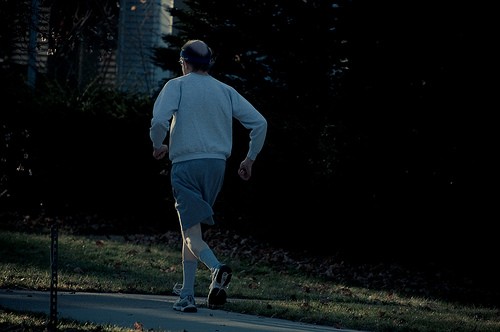
Sparing some time for exercise is as effective as drugs in preventing adverse outcomes in people with many deadly diseases, including stroke and heart disease, new research reveals.
The findings, reported in the British Medical Journal (BMJ), are based on the analysis conducted by a team of researchers from London School of Economics, Harvard Medical School and Stanford University School of Medicine.
For the study, Huseyin Naci and colleagues looked at 339,274 patients, part of 305 previous studies. The researchers compared effectiveness of drugs and exercises in lowering mortality risk among patients with coronary heart disease, stroke, heart failure and diabetes.
They found that exercise was equally effective as drugs in keeping diabetes away and in secondary prevention of heart disease.
While exercise yielded better results than drugs for patients to recover from strokes, the drugs were more effective than exercise for treating heart failure.
However, the researchers said that due to lack of sufficient evidence, the benefits of exercises on reducing mortality, is yet to be fully uncovered and brought into full action. "Our findings reflect the bias against testing exercise interventions and highlight the changing landscape of medical research, which seems to increasingly favour drug interventions over strategies to modify lifestyle," the authors, wrote.
"The current body of medical literature largely constricts clinicians to drug options. This blind spot in available scientific evidence prevents prescribers and their patients from understanding the clinical circumstances where drugs might provide only modest improvement but exercise could yield more profound or sustainable gains in health. The lopsided nature of modern medical research may fail to detect the most effective treatment for a given condition if that treatment is not a prescription drug."
Encouraged by the findings, the authors recommended health experts to spread more awareness about the health benefits of exercises. "In cases where drug options provide only modest benefit, patients deserve to understand the relative impact that physical activity might have on their condition," they said.
The findings bring hopes, as every year, heart-related diseases or cardiovascular diseases claim 17.3 million lives across the world. Heart attacks, strokes, hypertension, rheumatic heart disease, congenital heart disease and heart failure are included in the list. Risk of cardiovascular disease is high among people suffering from high blood pressure, cholesterol and diabetes.

















